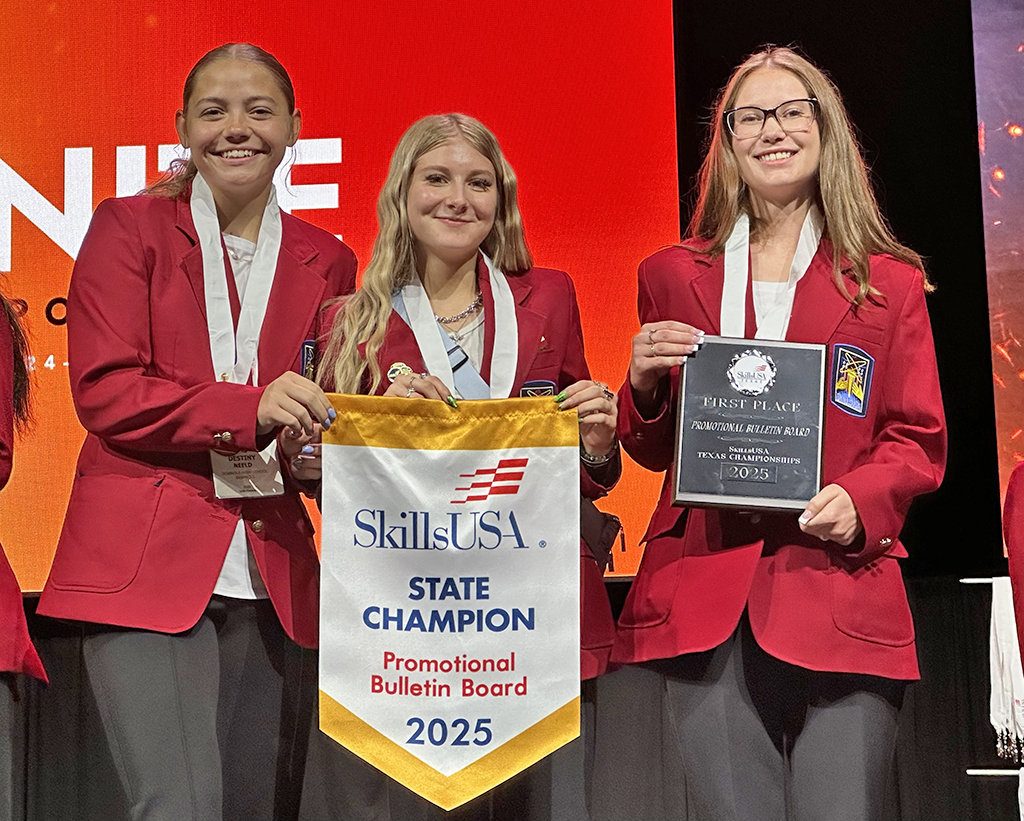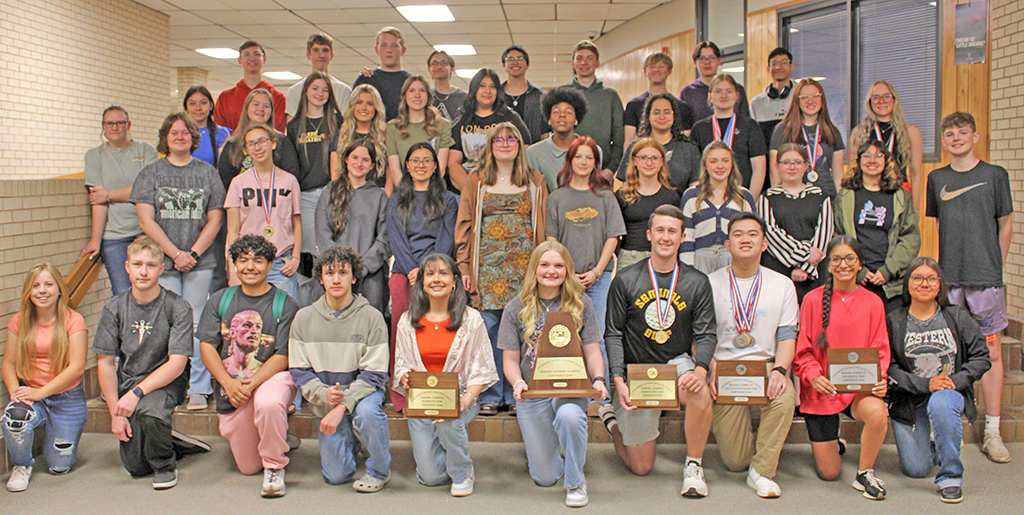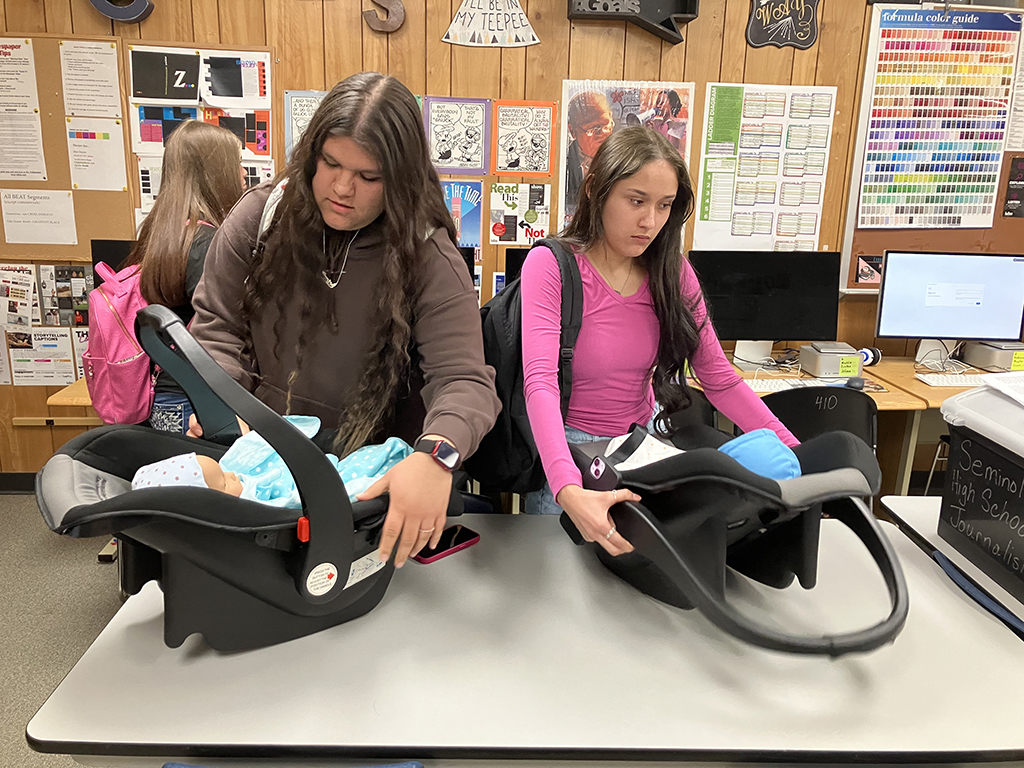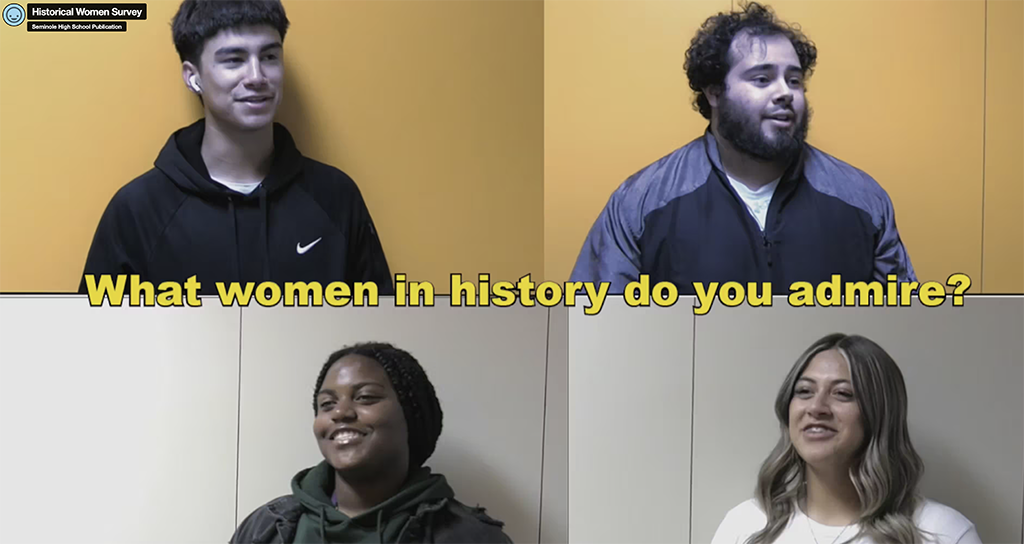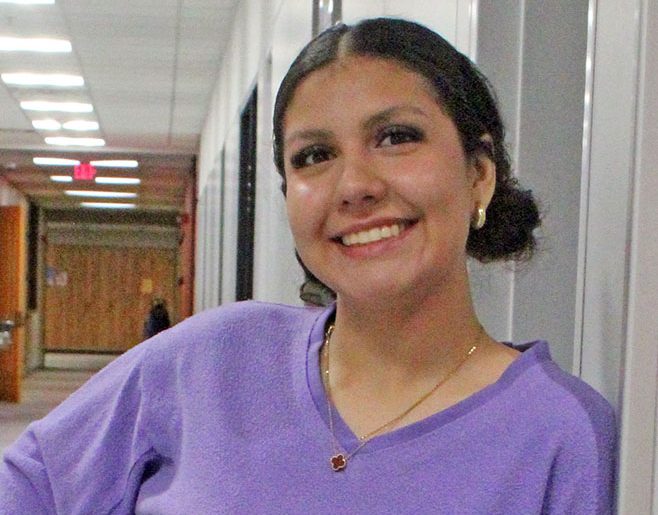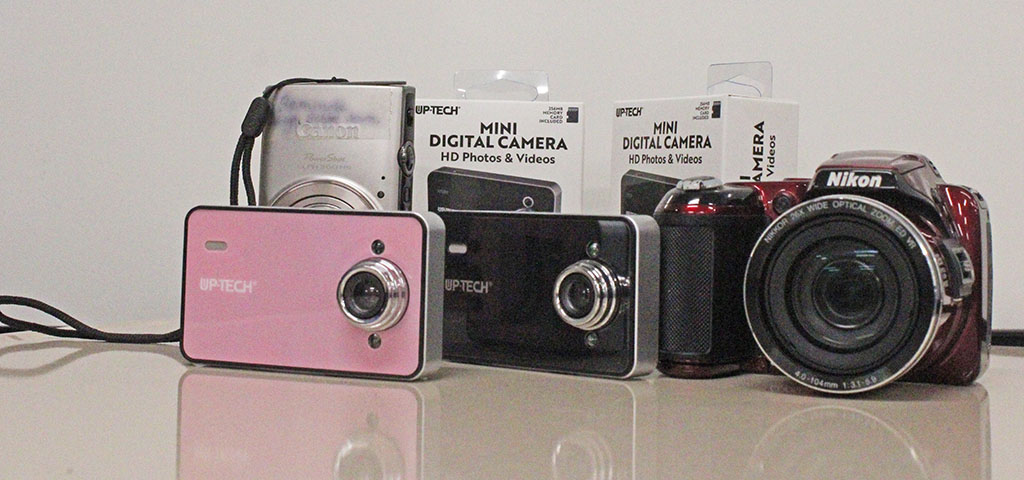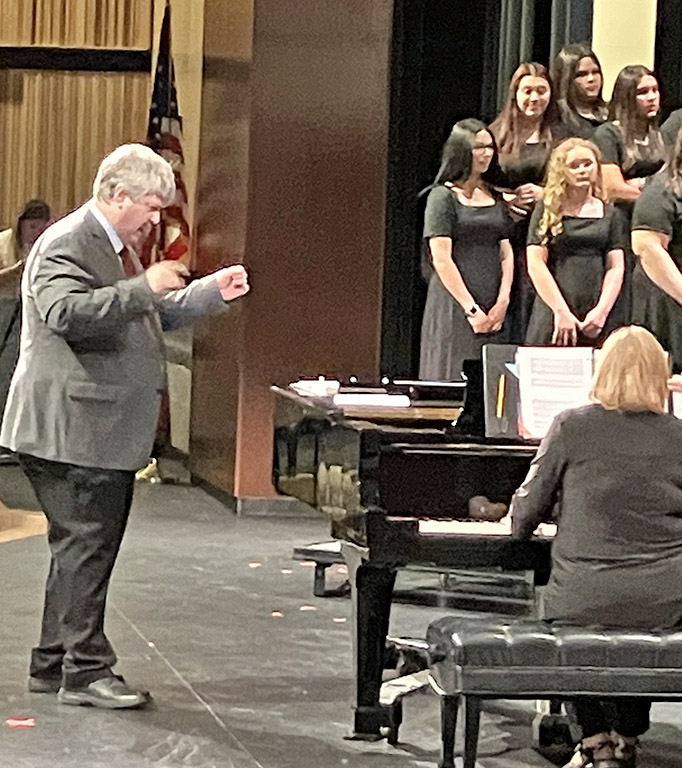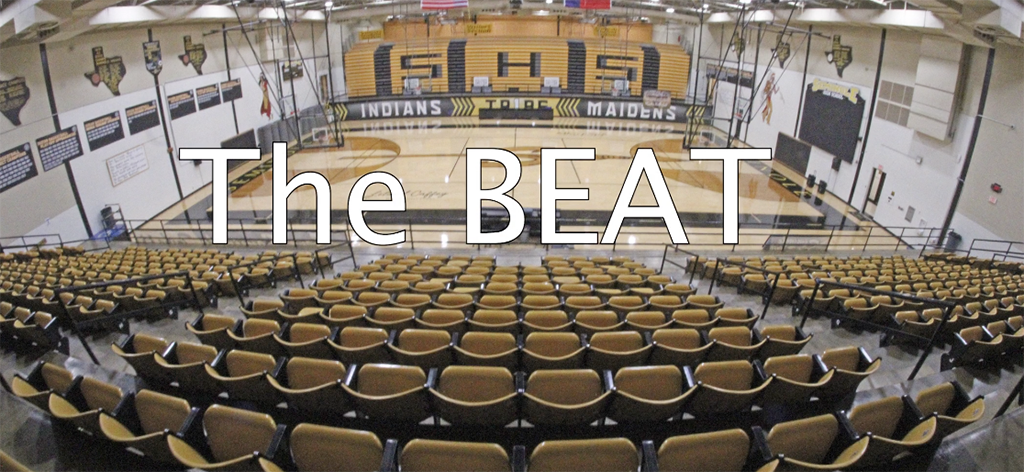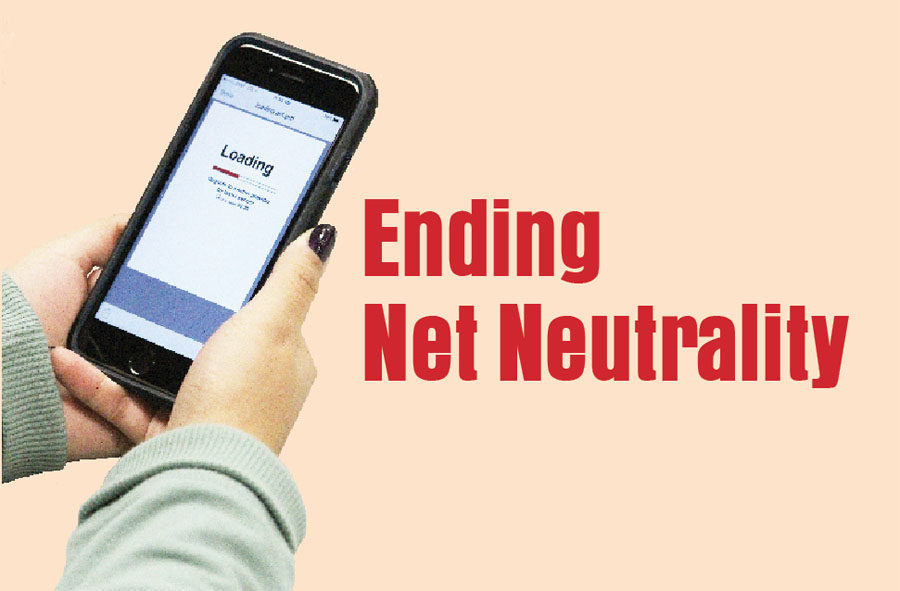FCC ruling threatens open Internet access
The Federal Communication Commission’s repeal of net neutrality in December leads to a grave reality for all Internet users; it creates boundaries on the boundless information the Internet has to offer.
“This repeal means that there will be little to no regulation of data,” junior Nathaniel Little said. “It will control the content that you can view, and companies could exploit you for financial gain.”
Net neutrality prevented private service providers from charging their users more for certain services over the Internet; the original principle became law on on Feb. 26, 2015, under the Obama administration.
“I know that it’s about putting boundries on certain things,” senior Tyler Redecop said. “I also know that there will be some sponsorship on sites that are used more often.”
These heavily trafficked sites are not solely used for entertainment, but they are also used for educational purposes.
“People use the Internet as a tool and not just for fun,” freshman Alyssa Baros said. “We often rely on it.”
This type of limitation could potentially affect schoolwork, especially in lower income districts where the Internet was partially funded by the government until recently. The FCC blocked nine companies from providing low-income access to school in February 2017.
“If the payment becomes outrageous, not all students would be able to pay,” Redecop said. “I think it should be free to the people.”
Junior Christina Ramirez is worried about future costs. “I won’t be using a lot of my finances to pay for extra serices,” Ramirez said. “I will probably stop using a lot of the things that are a big part of my life right now.”
The majority of Americans (80 percent) according to recent polling believe that the Internet should remain free and open.
“The power that the FCC has is borderline abusive,” Little said. “They shouldn’t have complete control of the regulation of media. Sure, the goal of this was to promote private businesses and improve the economy, but in the long run it will not be as effective.”
The overturning of the Obama-era rule, which took eight years to complete, seems to favor the wealthy while limiting the poor.
“This pricing of access to sites like Netflix and Skype mean more money for companies and the government,” Redecop said.
Twenty-two states are suing the FCC because of the repeal.
“The Internet seems like a basic right at this point,” junior Aspen Ruthardt said. “Everyone should have equal access. My whole life the Internet has been there. I shouldn’t have to pay just to go on Instagram.”
